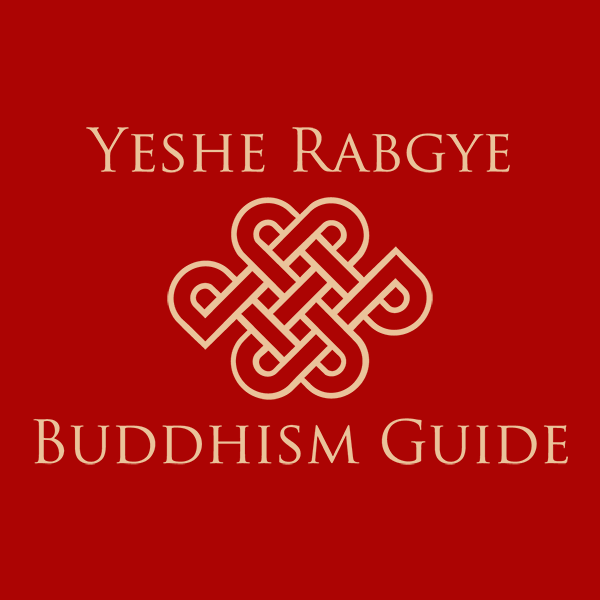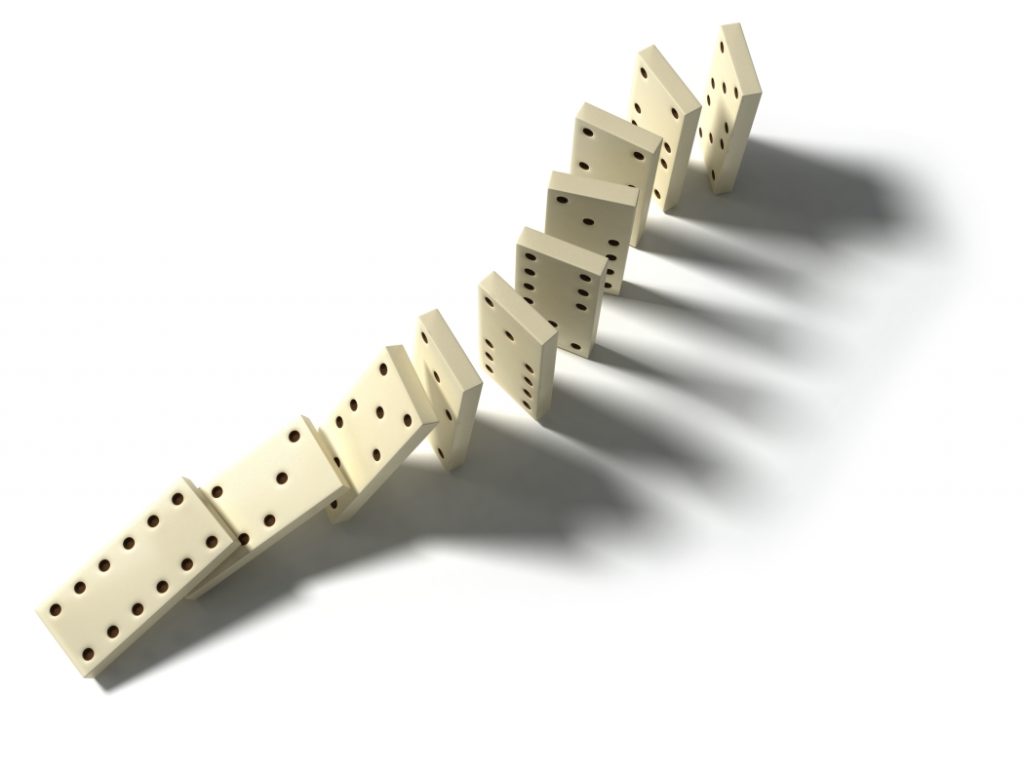Changing Your Behaviour
What I’m going to talk about today is a subject that I don’t usually talk much about, because people seem to think it’s a magical or mystical thing or it’s handed down to us from some god or a higher being; none of these are true. I am talking about karma.
Many people think that karma is handed down to us from lifetime to lifetime, and we can’t avoid it. Actually, karma means patterns of behaviour we have done so often they have become habits. It is no more mystical or magical than that. This means karma is one hundred percent in your own hands. You produce your own karma, not anybody else.
When we do an act for the first time, we plant a seed in our mind. For example, you tell a lie to this person for the first time. That plants a seed, and that seed becomes a potential. If you never tell another lie, then that potential will just sit there dormant, and nothing will happen. But if you tell another lie, what you’re doing is watering that seed, and it will start to grow. The more you keep lying, the more you keep watering that seed, and the more that seed will grow. That seed will now grow into a habit, it grows into a pattern of behaviour, and that is what karma is. It’s a pattern of behaviour.

When you keep acting in a certain way, that pattern of behaviour keeps growing, and it becomes part of your character. When that happens, you begin to act in that way from your unconscious mind. You’re now lying without consciously thinking about what you are doing. So, in the first instant when you planted that seed, you are doing it consciously. You consciously made a choice to lie, but the more that you’ve watered that seed, the more it becomes an unconscious way of acting. It is now a habit, your behaviour, your character.
It’s nothing to do with a god or higher being, it’s nothing to do with anybody else, it’s everything to do with you. And that’s the good point, because if it’s to do with you, it means that you can change. You can break that habit.
We all have behaviours that we don’t really like, or we don’t want to be that type of person, but we are. If you’re an angry person, if you’re a jealous person, if you tell lies or if you steal things, these are all learned behaviours. You are not born with any of those behaviour. No baby was born a thief, or a criminal, or a murderer, a liar, a cheat. These are all behaviours that we’ve learned. So, because we’ve learned them, we can unlearn them. We can change our behaviour.
If we keep doing the same behaviour, we’re going to keep getting the same result. Now, that is such a simple thing for us to get our heads around. But we all keep doing the same thing and expecting different results. The only way to get different results is to do different things. If we want to change our lives, if we want our lives to be happier, if we want to be contented, we have to change our behaviour.
We need to analyse the behaviours we don’t like and start to think of different ways to act. To help with this I have written an acronym called A.W.A.R.E. We can use this practice during our meditation sessions. The A stands for attention, W is why, A is assess, R is reality and E is examine.

While sitting in meditation, focus on your breath for a few minutes. This will help calm you down and focus the mind. Now, think of a behavioural pattern you wish to change. Then bring an incident into your mind when you behaved in that way.


